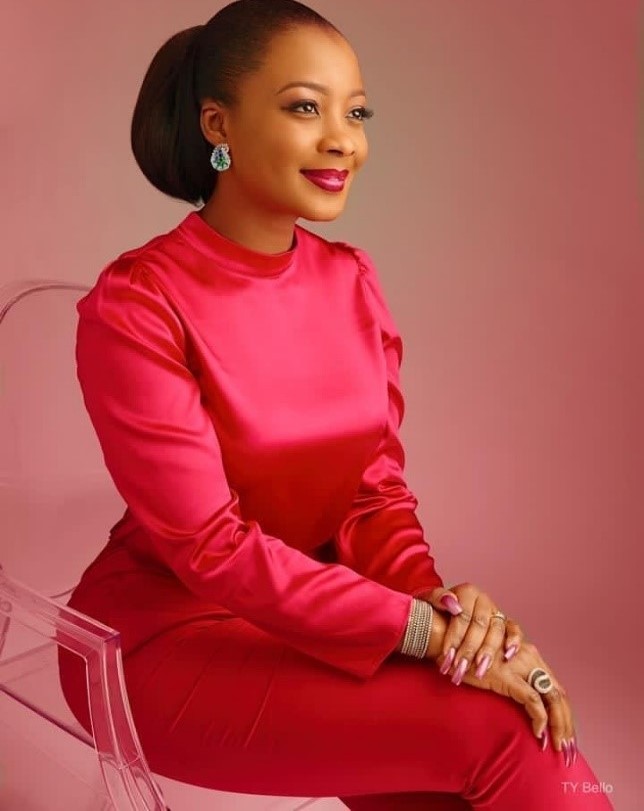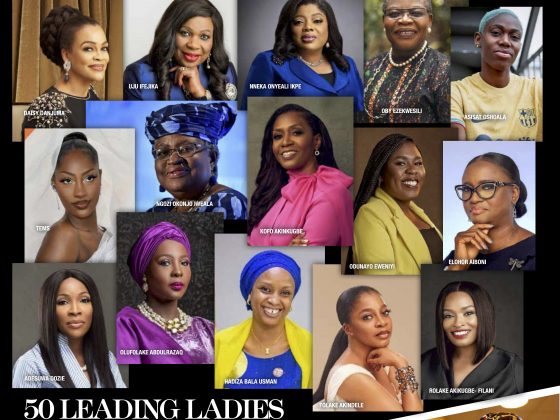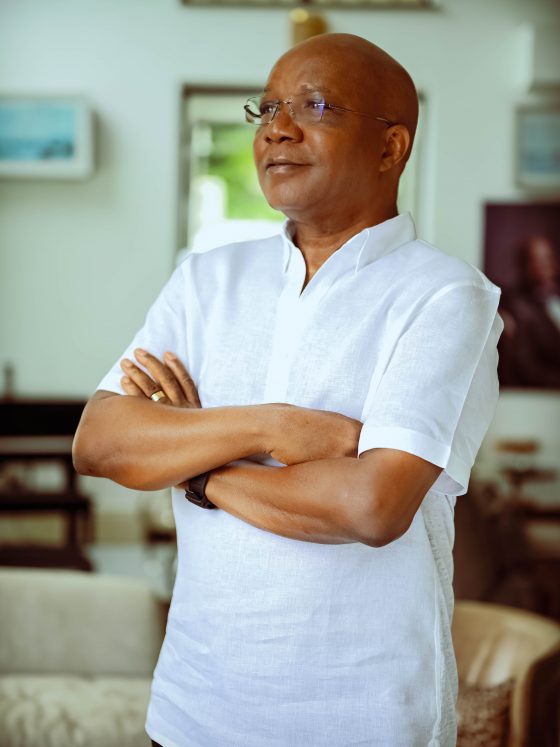Folake Soetan’s foray into Ikeja Electric in 2015 marked the beginning of a transformative era for the company. Joining as the Deputy Chief Commercial Officer, she was immediately tasked with spearheading strategies to curtail commercial and collection losses, a challenge she met with innovative approaches and a keen focus on customer service. The essence of her role was to turn around the company’s fortunes by enhancing customer experience and instilling a culture of efficiency and accountability within the team. Her arrival coincided with a crucial phase in Ikeja Electric’s journey, as the newly privatised entity embarked on an ambitious Asset Mapping and Customer Enumeration program to refine the company’s database to serve its customers better.
The rapid ascent of Soetan within Ikeja Electric is a testament to her exceptional leadership and strategic vision. Within a year, she was promoted to Chief Commercial Officer, a role in which she orchestrated some of the most significant commercial turnarounds in the industry. Her team’s initiatives to combat energy theft, address estimated billing concerns, and improve customer complaints resolution were groundbreaking. These efforts significantly reduced commercial and collection losses, establishing new benchmarks in the sector.
2019 marked another milestone in Soetan’s illustrious career as she assumed the position of Chief Operating Officer. In this capacity, she broadened her transformative impact beyond the Commercial Department to include Technical and other key operations. Under her guidance, the quality of power supply in the Ikeja franchise areas improved remarkably, with average availability increasing from 12 to about 16 hours daily. A notable achievement during her tenure was the successful implementation of the Bilateral Power initiative – a pioneering Willing-Buyer-Willing-Seller scheme in Nigeria that guaranteed customers a minimum of 20 hours of power supply through the National Grid.
Prior to joining Ikeja Electric, Soetan’s career was marked by notable successes in various roles. Her tenure at Virgin Nigeria and SO Aviation, a Sahara Group company in Lagos, was characterised by significant turnarounds and market share growth. In Ghana, as the Vice President (Downstream) of West Africa, she oversaw the operations of three Sahara subsidiary companies, further honing her skills in change management and business transformation.
Folake Soetan’s academic credentials are equally impressive. A graduate of Banking and Finance from the University of Lagos, she is an alumnus of Harvard Business School, where she acquired certification in Advanced Management. Over the last 20 years, she has accumulated a wealth of knowledge and expertise, underpinned by numerous professional certifications.
In this conversation with Funke Babs Kufeji, we not only celebrate her achievements but also draw inspiration from her journey. It is an insightful interview that sheds light on her career trajectory, struggles and achievements and role in breaking gender stereotypes.

Photography – T Y Bello
Women are winning worldwide, especially in Nigeria, breaking stereotypes and shattering the glass ceiling. They are also holding top positions in the banking sector, tech, and now the power sector. Please tell us what you think is responsible for this shift.
Absolutely, it’s incredibly inspiring to see women making strides in various sectors. I believe there are several factors contributing to this shift. Firstly, there’s been a growing recognition of women’s value and capability in leadership roles. Companies and organisations are realising the importance of diversity and inclusion, not just as a moral imperative but also as a strategic advantage. Additionally, initiatives focusing on empowering women, providing mentorship, and breaking down systemic barriers have played a significant role. Women themselves are also stepping up, pushing boundaries, and challenging stereotypes, paving the way for future generations.
Another important factor has been flexible work arrangements. Offering flexible work options helps women balance work and personal responsibilities, enabling them to stay competitive and progress in their careers.
What should be done to keep the ball rolling so that more women take up key roles in gender-biased sectors?
To keep the momentum going, we need to continue advocating for gender equality at all levels. This includes implementing policies that promote equal opportunities for women, such as gender quotas and pay transparency measures. Mentorship and sponsorship programs are also crucial for nurturing female talent and providing them with the support and guidance they need to advance in their careers. Additionally, creating a culture that values diversity and inclusion is essential for attracting and retaining top female talent. Ultimately, it’s about creating an environment where women feel empowered to pursue leadership roles and where their contributions are recognised and rewarded.
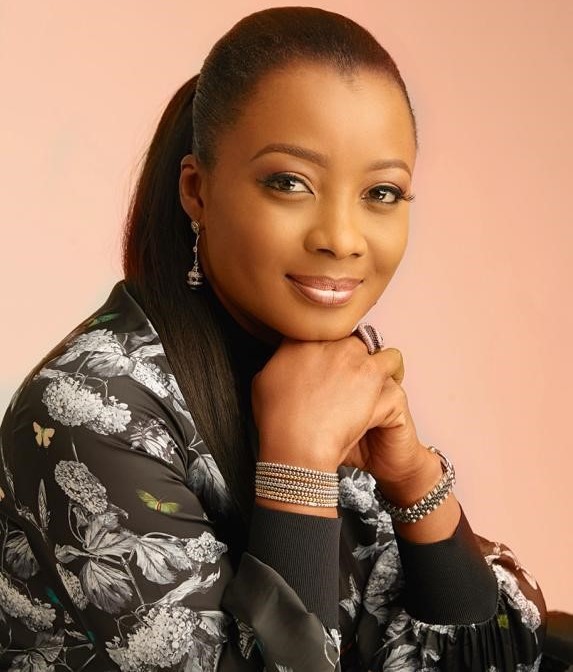
You currently sit at the top as the CEO of Ikeja Electric. Can you tell us briefly about your journey to the top?
Certainly! My journey to the CEO position at Ikeja Electric has been filled with challenges, learning experiences, and personal growth. I began my career in the aviation sector, where I honed my leadership skills and developed a passion for driving positive change. From there, I transitioned to the oil and gas industry, gaining valuable insights into the complexities of the energy sector. When the opportunity arose to join Ikeja Electric, I saw it as a chance to make a meaningful impact in an industry that plays a critical role in powering our society. Through hard work, dedication, and a commitment to excellence, I’ve been able to rise through the ranks and take on the role of CEO, where I’m proud to lead a team of talented individuals dedicated to delivering reliable and efficient electricity services to our customers.
What did you do to prepare you for your job as CEO of Ikeja Electric, which is the largest electricity distribution network in Nigeria and Sub-Saharan Africa?
Preparing for the role of CEO at Ikeja Electric required a combination of continuous learning and adaptability, building a solid network (having a tribe), experience, honing my leadership and communication skills, and deepening my knowledge of the power sector. Throughout my career, I’ve sought out opportunities to expand my knowledge and skills in areas relevant to the energy sector, including leadership development, strategic planning, and stakeholder management. I’ve also actively sought out mentors and advisors who have provided valuable guidance and support along the way. Additionally, I’ve remained open to feedback and constructive criticism, always striving to improve and grow as a leader. Ultimately, it’s been a journey of self-discovery and personal development, and I’m grateful for the experiences that have prepared me for the challenges and opportunities of leading Ikeja Electric.
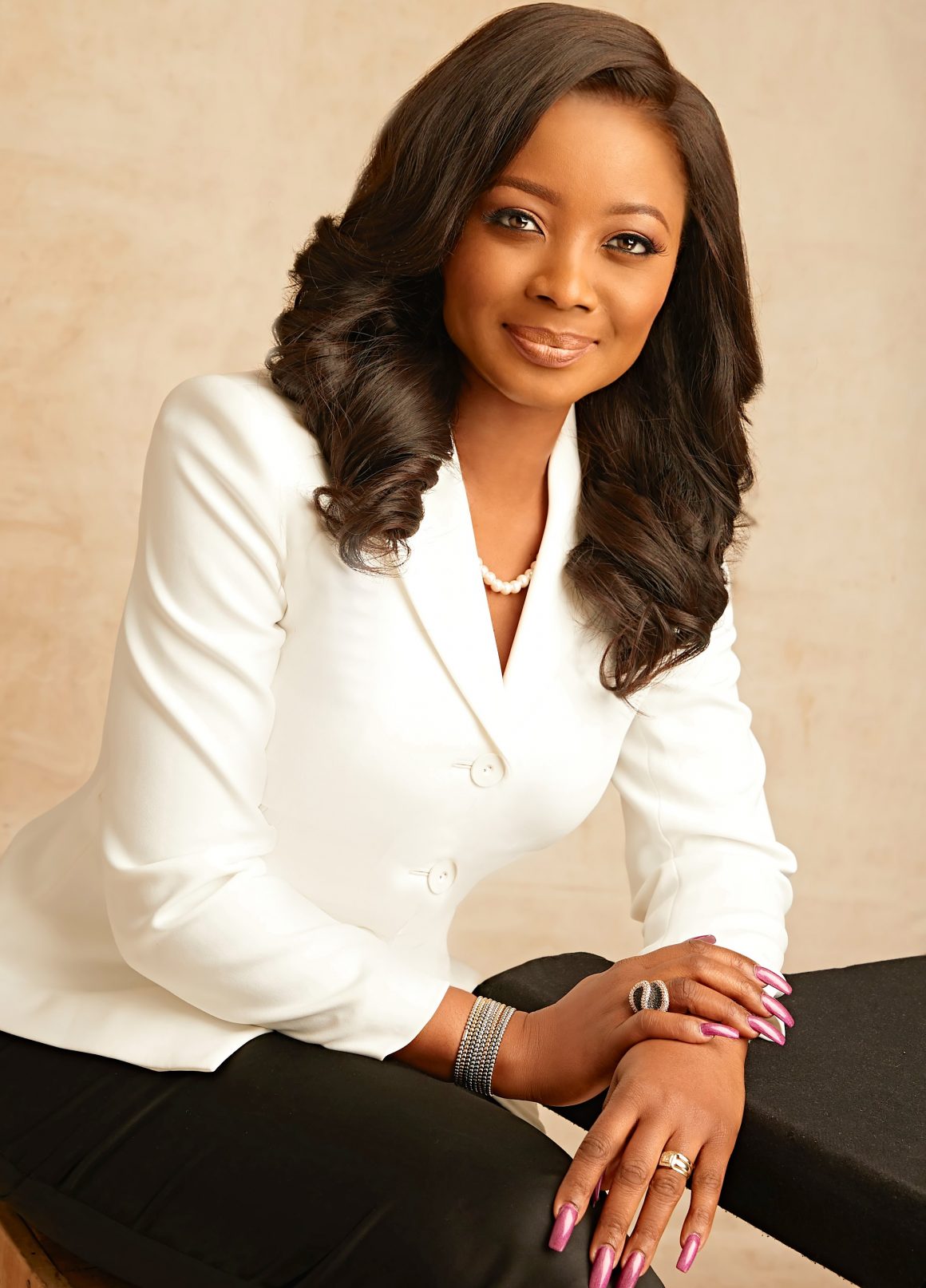
You have worked in the aviation sector, the oil and gas sector and now in the power/electricity sector; tell us which you find most fulfilling.
That’s a great question. Each sector you mentioned brought its unique challenges and rewards. Still, if I had to choose, I would say that working in the power/electricity sector has been the most fulfilling for me personally. Electricity is such a fundamental aspect of modern life, and being able to play a role in ensuring that people have access to reliable and affordable energy is incredibly rewarding. Additionally, the energy sector is undergoing a period of rapid transformation, with advancements in renewable energy, grid modernisation, and digitalisation creating new opportunities for innovation and growth. Being at the forefront of these developments and driving positive change in the power sector has been both challenging and immensely fulfilling.
Will you say there is a synergy in these sectors and why?
Absolutely, a significant synergy exists between the aviation, oil and gas, and power/electricity sectors. At their core, all of these industries are essential components of the global economy, providing the infrastructure and resources necessary for economic development and growth. In addition, they are all highly interconnected, with each sector relying on the other for various inputs and services. For example, the aviation industry depends on a reliable jet fuel supply, often sourced from the oil and gas sector. Similarly, the power/electricity sector plays a critical role in powering essential infrastructure, including airports and oil refineries. By recognising and leveraging these synergies, we can create opportunities for collaboration and innovation that benefit all sectors involved.
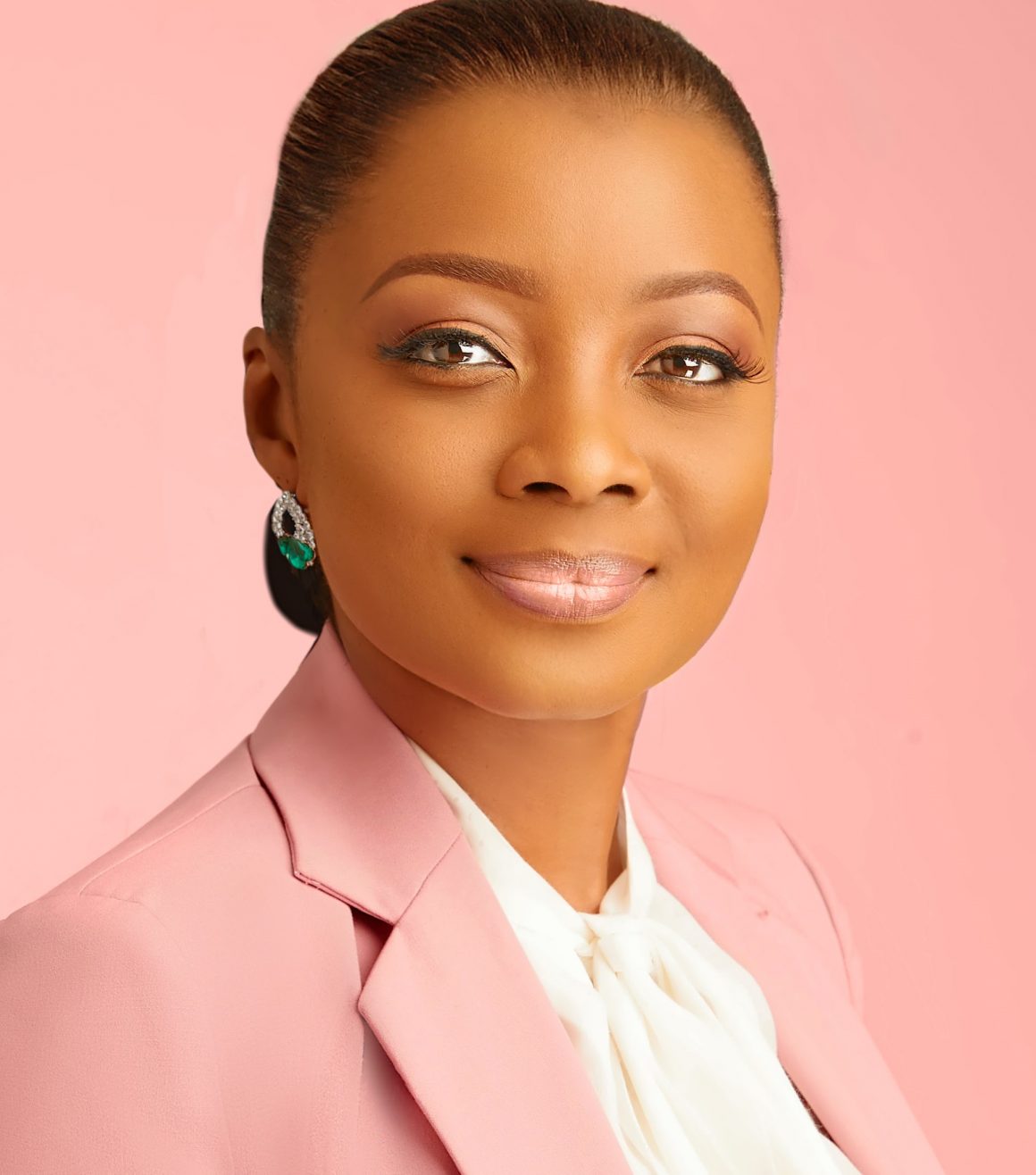
Since you assumed office as CEO, what significant marks and strides have you been able to achieve?
Since taking on the role of CEO, I’m proud to say that Ikeja Electric has made significant strides in several key areas. One of our primary focuses has been improving the quality of our customer service. We’ve made tremendous progress through targeted investments in infrastructure upgrades and maintenance, even though we’re still determining where we aim to be. Additionally, we’ve placed a strong emphasis on customer engagement and satisfaction, leveraging technology and implementing initiatives such as digital platforms for bill payment and electricity token vending, smart distribution transformers installation at various communities, fault passage indicators, and CRM solutions for effective customer management and complaint resolution to enhance the customer experience. Furthermore, we’ve made significant progress in promoting gender diversity and inclusion within our organisation, implementing policies and programs to support the advancement of women in leadership roles. The success of our initiatives in this regard led to the recognition of Ikeja Electric as the “Most Gender Diverse Utility Company” at the prestigious Nigeria Power Sector Awards. Overall, I’m proud of our progress. However, I recognise that there is still much work to be done to continue driving positive change and delivering value to our customers and stakeholders.
You are big on gender diversity. How were you able to break stereotypes regarding gender at Ikeja Electric?
Gender diversity is a key imperative at Ikeja Electric, and we’ve worked hard to create an inclusive culture where everyone, regardless of gender, has equal opportunities to succeed. One of the keyways we’ve been able to break stereotypes is by leading by example. As CEO, I’ve made it a priority to champion gender diversity and inclusion at all levels of the organisation, both through my words and actions. This includes transparent recruitment and promotion processes based on merit rather than gender, ensuring talent and capabilities are the primary criteria for advancement. Similarly, we actively promote and support the advancement of qualified women [and men] into leadership roles and create a supportive work environment where everyone feels valued and respected.
Additionally, we’ve implemented policies and programs to address gender bias and discrimination, such as unconscious bias training and flexible work arrangements. By promoting a culture of inclusivity and equality, we’re breaking down stereotypes and creating opportunities for all employees to thrive. Equally, we enthusiastically challenge the bias that certain traditional roles are meant for a particular gender by advocating and showcasing women in technical field. By showcasing successful women in this field, we challenge outdated stereotypes and inspire change. In Ikeja Electric today, we have female linesmen.
Did you face any pushbacks or challenges when you started implementing it?
Certainly, promoting gender diversity and inclusion hasn’t been without its challenges. Like any major cultural shift, overcoming resistance and ingrained biases requires time, effort, and persistence. Some individuals may resist change or hold outdated beliefs about gender roles in the workplace. Additionally, there may be institutional barriers or systemic inequalities that need to be addressed. However, we’ve been proactive in addressing these challenges head-on, engaging with employees and stakeholders to raise awareness and build consensus around the importance of gender diversity. By being transparent, communicative, and inclusive in our approach, we’ve overcome pushback and made meaningful progress towards our diversity and inclusion goals.
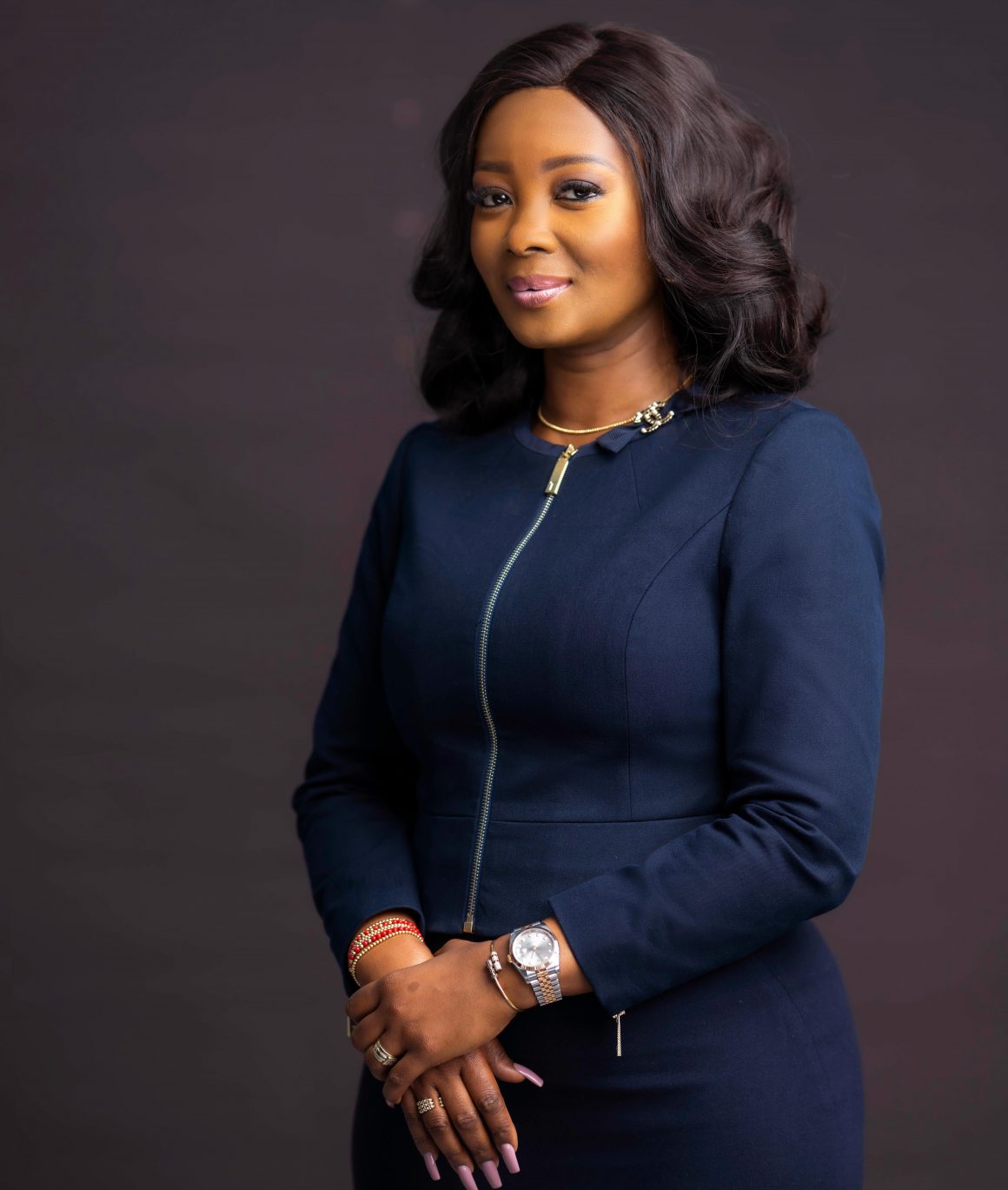
Why is gender diversity important to you, and what should more CEOs do to make sure men and women are equally represented in the workspace?
Gender diversity is not only the right thing to do from a moral and ethical standpoint, but it’s also essential for driving innovation, creativity, and business success. Research has consistently shown that diverse teams outperform homogeneous ones, bringing a wider range of perspectives, experiences, and ideas to the table. As CEO, it’s important to me because I believe in creating a workplace where everyone has the opportunity to thrive and reach their full potential, regardless of gender. To ensure that men and women are equally represented in the workplace, CEOs need to prioritise diversity and inclusion as strategic imperatives. This means setting clear diversity goals, holding leaders accountable for progress, and creating an inclusive culture where everyone feels valued and empowered to contribute. It also requires proactive efforts to identify and address unconscious biases and systemic barriers that may be hindering gender diversity. Ultimately, gender diversity should be viewed not as a box to be checked but as a fundamental driver of organisational performance and success.
You are a founding member of the Women in Energy Network (WIEN). Tell us more about this network and what its goals are.
The Women in Energy Network (WIEN) is a non-profit organisation dedicated to promoting gender diversity and inclusion in the energy sector in Nigeria and beyond. As a founding member, I’m proud to be part of a network that is passionate about empowering women and creating opportunities for them to succeed in the male-dominated energy industry. WIEN’s goals are multifaceted and include advocating for policies and programs that support the advancement of women in the energy sector, providing mentorship and networking opportunities for women professionals, and raising awareness about the importance of gender diversity and inclusion. Through its various initiatives, including conferences, workshops, and leadership development programs, WIEN seeks to inspire, empower, and equip women to thrive in their careers and make meaningful contributions to the energy sector. Ultimately, WIEN aims to create a more inclusive and equitable energy industry that harnesses the full potential of its diverse talent pool.
Now that women are having their moment in society and have been able to break stereotypes in the private sector, how can we translate this to public office?
The progress that women have made in the private sector is undoubtedly inspiring, but there’s still work to be done to ensure that women are equally represented in public office. One way to translate this momentum to the public sector is by encouraging and supporting more women to run for political office. This includes providing aspiring female politicians with financial support, campaign training, and mentorship. Additionally, political parties can play a role by adopting gender quotas and other affirmative action measures to increase the representation of women in their ranks. It’s also important to address the structural barriers and systemic inequalities that may be hindering women’s participation in politics, such as lack of access to resources, gender-based violence, and cultural stereotypes. By working together to dismantle these barriers and create a more inclusive and supportive political environment, we can ensure that women have an equal voice and seat at the table in shaping the future of our society.
It’s important for more women to get involved in politics. Especially technocrats like yourself, do you see yourself running for public office?
As a technocrat and advocate for gender diversity, I totally agree that it’s crucial for more women to get involved in politics. Their unique perspectives and expertise make a difference in shaping policies and decisions that affect all of us. As for me running for public office, I’m really passionate about my current role as CEO of Ikeja Electric. I believe I can make a significant impact right where I am, working to improve the energy sector and promote gender equality. Regardless, I remain committed to supporting women in politics and working towards a more inclusive and representative democracy for all Nigerians.
What advice do you have for a woman starting her career in the power sector and also trying to transition from one industry to another?
For a woman starting her career in the power sector or seeking to transition from one industry to another, I advise embracing opportunities for learning, growth, and skill development. The energy sector is dynamic and complex, with rapid technological advancements and evolving regulatory landscapes, so staying curious, adaptable, and proactive in seeking new challenges and experiences is essential. Networking is also crucial in building relationships, gaining insights, and opening doors to new opportunities. Don’t be afraid to reach out to mentors, peers, and industry professionals for advice and guidance. In addition, focus on building a strong technical expertise and domain knowledge foundation in your chosen field, as this will serve as a solid platform for your career growth. Finally, don’t underestimate the power of perseverance.
What does International Women’s Day mean to you?
International Women’s Day holds immense significance for me personally and professionally. It’s a day to celebrate the achievements and contributions of women worldwide and reflect on the progress we’ve made towards gender equality. It’s a reminder of the ongoing struggle for women’s rights and empowerment and a call to action to address the challenges and barriers that still exist. For me, International Women’s Day is not just a day of celebration but also a day of solidarity and advocacy. It’s an opportunity to amplify the voices of women, advocate for gender equality, and inspire future generations of women leaders.
Why is this day important, and what does this year’s theme, “Inspire Inclusion”, mean to you?
International Women’s Day is important because it serves as a powerful reminder of the need for continued efforts to achieve gender equality and empower women and girls worldwide. The theme “Inspire Inclusion” resonates deeply with me because it speaks to the importance of creating environments where everyone feels valued, respected, and included, regardless of gender. Inclusion is not just about diversity in numbers but about creating a culture where everyone’s perspectives are heard and everyone has equal opportunities to thrive. By inspiring inclusion, we can break down barriers, challenge stereotypes, and create a more equitable and just society for all.


